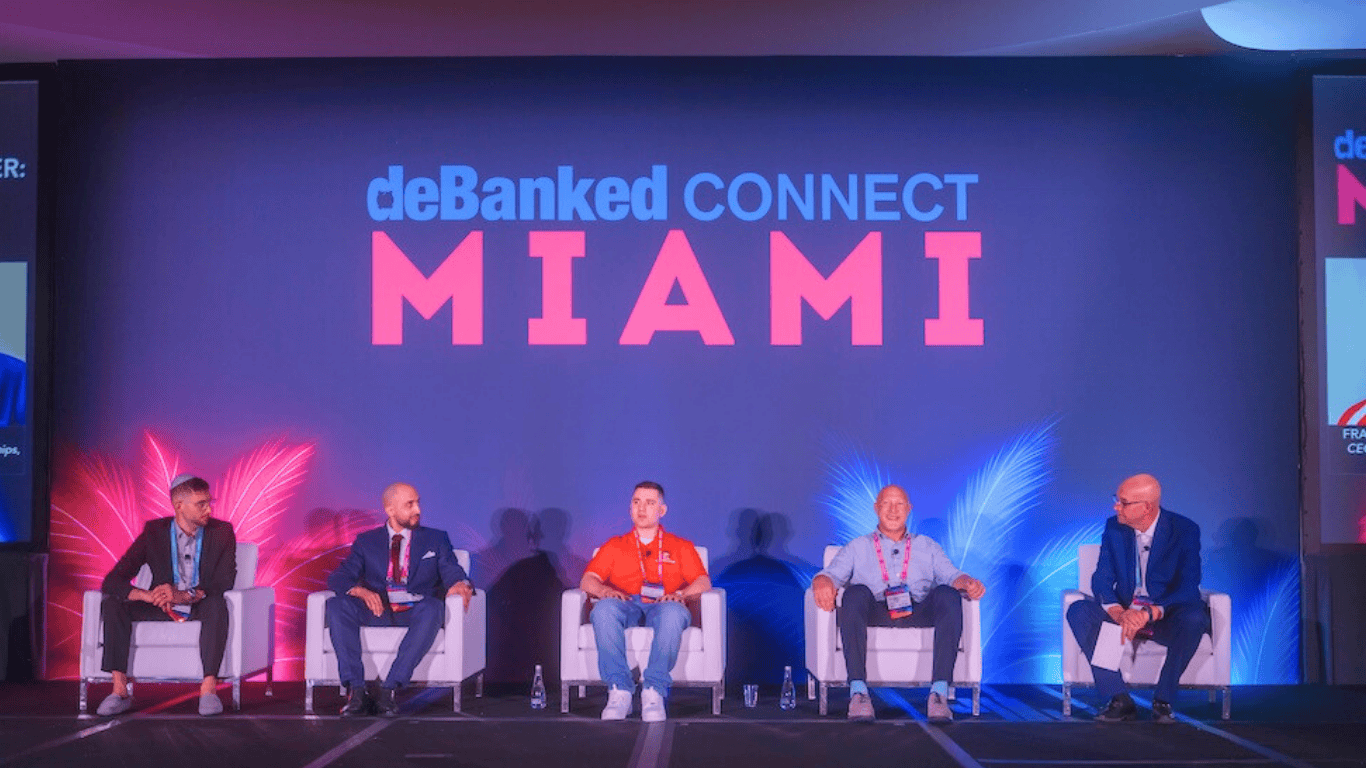Alternative business lenders are at an important point. Traditional credit assessment methods are increasingly inadequate, particularly when evaluating borrowers with limited or non-traditional credit histories.
Enter alternative data – now the lending industry is undergoing an exciting transformation. Alternative credit data is transforming the way lenders assess consumers' creditworthiness, promoting financial inclusion and expanding credit access.
According to Experian's 2023 State of Alternative Credit Data Report, 62% of financial institutions are now using alternative data to improve risk profiling and credit decisioning capabilities.
Understanding Alternative Data in Business Lending
Alternative data refers to non-traditional information sources that can provide insights into a borrower's creditworthiness. This non-traditional data can provide valuable insights into a borrower's financial behavior and creditworthiness. This expansive category includes:
- Social media activity and online behavior
- Utility and rent payments
- Business transactions and cash flow data
- Mobile phone usage and payments
- Psychometric data
- Secretary of State Data
Secretary of State Data: A Crucial Component of Alternative Data
Among the various alternative data sources, Secretary of State data stands out as a critical element for business lending decisions. This data provides real-time information on business registrations, status, and compliance, offering lenders valuable insights into a company's legitimacy and stability.
Cobalt Intelligence's Secretary of State API allows lenders to access this vital information quickly and efficiently. By integrating this data into their credit assessment processes, lenders can:
- Verify business existence and current standing
- Reduce fraud risk by confirming business details
- Gain insights into a company's history and stability
Case Study: 1West, one of the largest marketplaces in the small business financing space, integrated Cobalt Intelligence's Secretary of State API into their Automated Business Lending Engine (ABLE). This integration significantly improved their underwriting process and fraud detection capabilities. In a video podcast, Kunal Bhasin, 1West’s CEO said:
"We process between 5,000 and 10,000 applications each month. This was an area of the business that was completely manual still, much of our process has gone to a more automated approach, but this was an area that was sort of the Achilles heel where now we didn't think that we'd be able to automate this."
By automating Secretary of State checks through Cobalt's API, 1West was able to streamline their operations, allowing 25% of customers to complete the entire lending process without speaking to a representative. As they stated:
"Cobalt helps us verify the file data that the customer is giving us on the applications. It helps reduce fraud for our lending partners as a broker marketplace."
This example shows how Cobalt's API integration with Secretary of State data improves lending efficiency, accuracy, fraud reduction, and automated underwriting.
The rise of alternative lending and alternative financial services has created a demand for innovative credit scoring solutions. Fintech companies, founded to address these needs, are developing sophisticated algorithms that incorporate alternative credit data and alternative payments information to generate more accurate credit scores.
For US Alternative Business Lenders, this wealth of information opens up new possibilities in credit assessment.
The benefits are clear: alternative data allows lenders to develop a more comprehensive view of a borrower's financial behavior, leading to more accurate risk assessments. It's valuable not just for thin-file borrowers, but for all types of applicants. In fact, 82% of responding lenders leverage alternative credit data on small business applicants to achieve credit portfolio growth.
However, it's not without its challenges. Credit data quality, standardization, and privacy concerns are just a few of the hurdles lenders face. Addressing these challenges is crucial for effective implementation.
Understanding the Rules and Regulations
Using alternative data for lending is still quite new, and the rules around it are changing quickly. US lenders need to stay vigilant, balancing innovation with compliance.
The Consumer Financial Protection Bureau (CFPB) has issued guidelines on the use of alternative data, emphasizing the importance of transparency and fair lending practices. Government agencies and credit bureaus are working together to establish guidelines for the use of alternative credit data in credit scoring models.
Key regulatory considerations include:
- Compliance with the Fair Credit Reporting Act (FCRA)
- Adherence to Equal Credit Opportunity Act (ECOA) requirements
- Data privacy regulations such as the California Consumer Privacy Act (CCPA)
The key is to develop flexible systems that can adapt to regulatory changes while still leveraging the power of alternative data. Lenders should consider implementing robust compliance management systems and regularly conducting fair lending assessments.
Integrating Alternative Data into Credit Assessment Processes
One of the biggest challenges for US Alternative Business Lenders is integrating alternative data into existing credit assessment processes. It's not just about collecting more data – it's about making sense of it all. This is where advanced technology comes into play.
Machine Learning and AI: These technologies can help lenders sift through vast amounts of data to extract meaningful insights. For example, ZestFinance's ZAML platform uses machine learning to analyze thousands of data points and improve credit decisioning. More on this in the next section.
API Integration: APIs allow lenders to seamlessly incorporate alternative data from various sources into their existing systems. Plaid, for instance, provides APIs that allow lenders to access bank transaction data for credit decisioning.
Cloud Computing: Cloud-based solutions offer scalability and flexibility in handling large volumes of alternative data. Amazon Web Services (AWS) provides cloud services specifically tailored for financial services, including solutions for alternative data analysis.
Data providers and data management solutions play a crucial role in supplying and organizing the vast amount of financial data required for these advanced credit assessment processes.
But it's not just about the tech. Lenders need to develop best practices for data analysis and interpretation. This includes ensuring data quality, standardizing data from diverse sources, and developing models that can effectively incorporate alternative data into credit decisions.
Practical Challenges in Implementing Alternative Data Strategies
While the potential of alternative data is immense, its implementation comes with significant challenges:
Data Infrastructure: Lenders need robust systems capable of ingesting, processing, and analyzing vast amounts of unstructured data. This often requires substantial investments in technology infrastructure.
Data Quality and Standardization: Alternative data comes from diverse sources and in various formats. Ensuring data quality and standardizing it for analysis is a complex task.
Talent Acquisition: Implementing alternative data strategies requires specialized skills in data science, machine learning, and AI. Attracting and retaining this talent can be challenging and costly.
Integration with Existing Systems: Merging alternative data analysis with traditional credit assessment processes can be technically challenging and resource-intensive.












.png)